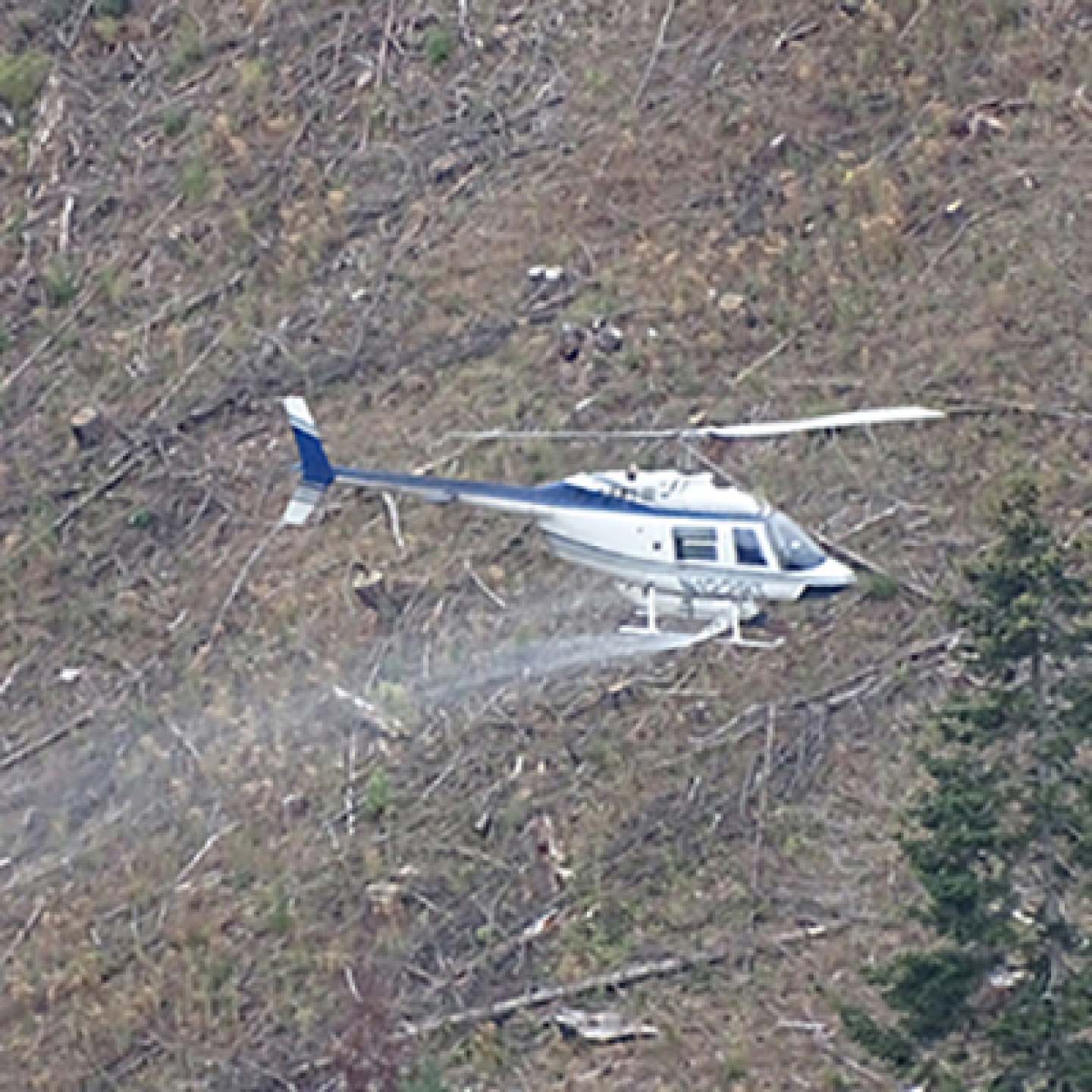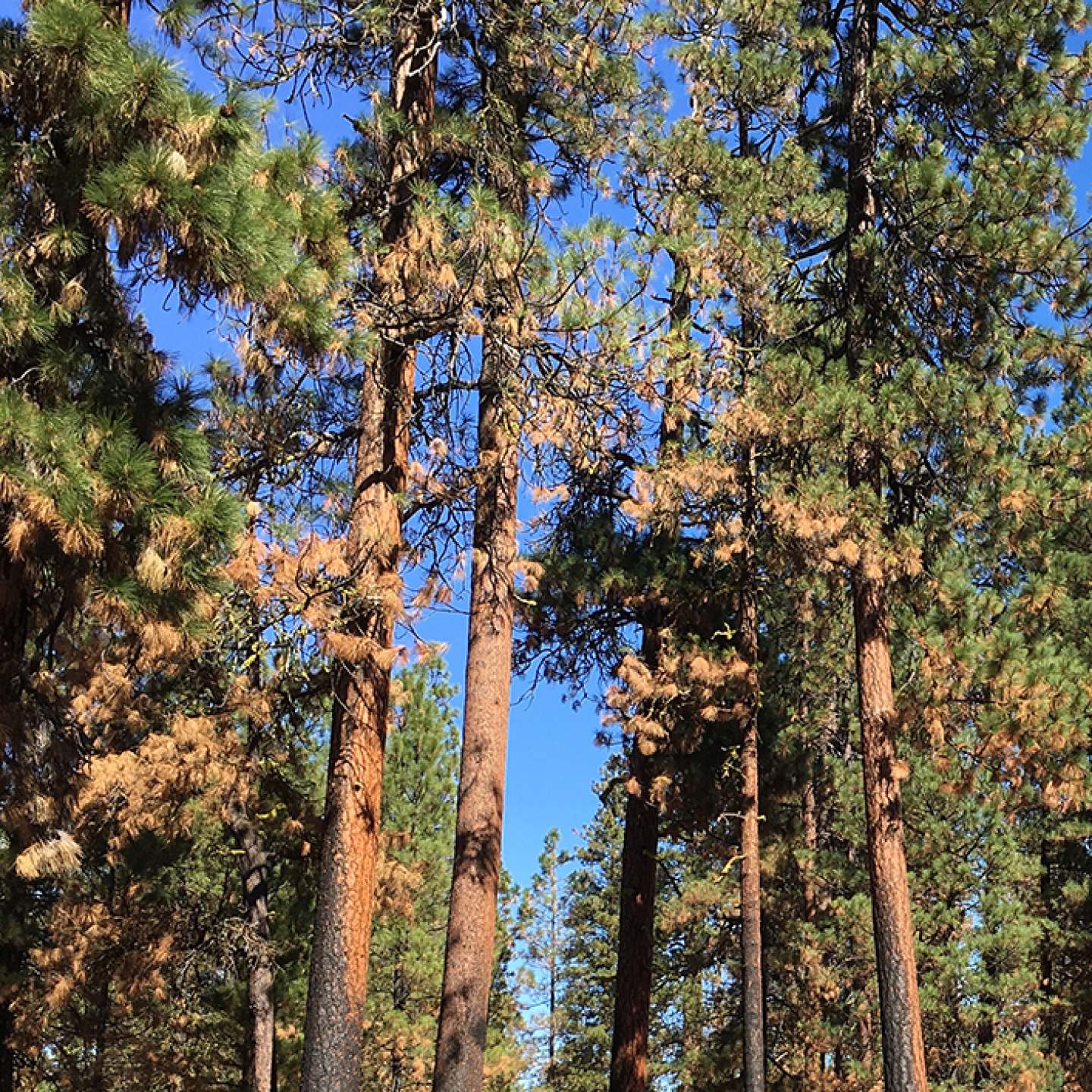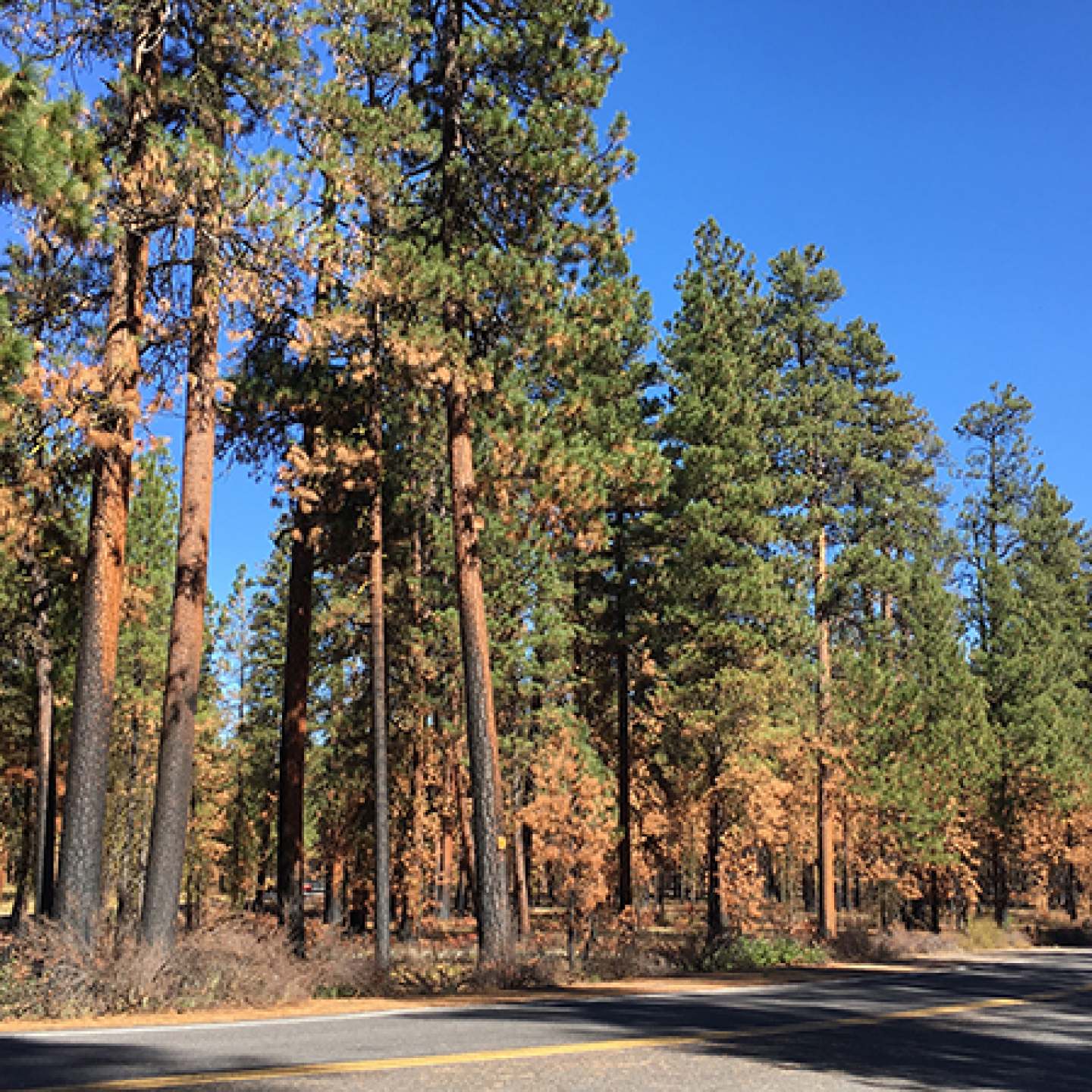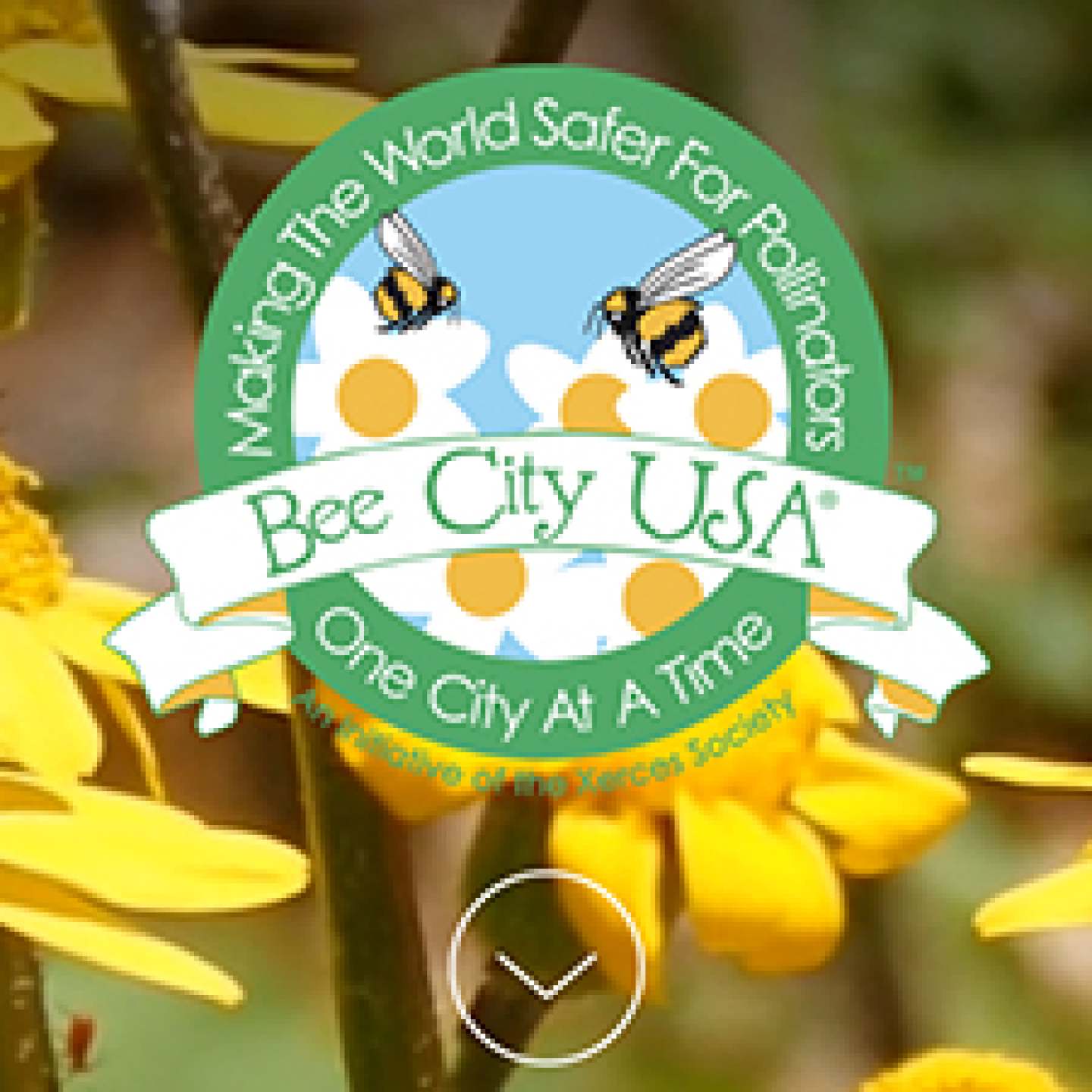Beyond Toxics does not shy away from tough issues. It takes time, tenacity and creativity to solve problems. For example, we are in our second year of fighting to stop the use of chlorpyrifos in Oregon. We’ve presented two bills that got caught up and swept away by the Republican walk-outs in 2019 and 2020. We followed that with a campaign for a chlorpyrifos phase-out that we expect to be adopted by the end of this year.
SB 1602 will make a difference for rural Oregonians sick of pesticide drift
When Allie McDermott and her partner heard the helicopter blades whirring early on a Sunday morning in March, they were stunned. As they ran up the road to see for themselves they thought, ‘There is no way an aerial spray could be happening on a Sunday!’
Double Trouble – Climate Change and COVID-19
As we expand our understanding and response to the COVID-19 pandemic, we need to start thinking about how we are going to move forward after the global pandemic. There is a glimmer of hope that we will take a step towards changing the current socioeconomic structure built upon never-ending expansion that extracts finite resources and uses the public’s common air and water as the dumping ground for pollution and waste.
The Tough Keep Going: Advancing Forest Practices and Pesticide Reform
We’ve arrived at a moment when an agreement between corporate timber representatives and environmental health and forest protection defenders has been brokered. Perspectives on the value of such an agreement run the gamut, from Governor Brown’s pronouncement of “historic” to the angry claim of “shameless” by social media users. Beyond Toxics came at this with extreme caution because we understand the risks of compromise. We had to evaluate what was lost as a trade for benefits that move the marker closer to our goals: those of non toxic communities and healthy forest ecosystems.
The Retreat from Roundup: Evidence Backing Cancer Claims
Glyphosate is a weed-killing chemical that is found in a variety of commonplace herbicides, including Monsanto and Bayer AG’s Roundup. Over the past few years, the health and safety risks associated with spraying Roundup and other glyphosate-based herbicides have been called into question.
We won! And Bayer Chemical lost!
On May 9th, Oregon became the first state in the country to restrict the use of Aminocyclopyrachlor (ACP), an herbicide marketed to kill weeds that ends up killing trees. In Oregon, ACP killed 2,000 majestic old-growth trees. This deadly chemical reportedly travels underground along tree root systems, passing the poison from tree to tree, and continuing to kill trees long after and far away from the original pesticide application.
A New Farming Economy Shouldn’t Depend on Old WWII Warfare Chemicals
Clatsop County Commissioner Kathleen Sullivan delivered a message from her rural county to the Oregon Legislature during legislative hearings on two bills addressing two controversial pesticides.
“I remember when I was a kid in 7th grade being told the American Bald Eagle was on the brink of extinction,” she said. “Today I can look up over the Columbia River and see the eagles flying. That is the result of policy makers banning DDT.”
How old growth Ponderosa pine trees became hazardous waste
It may be easier to be concerned about wolves, salmon and eagles perishing than it is to feel remorse over dying Ponderosa pine trees. Yet, the presence of giant, old growth Ponderosas in central Oregon is as emblematic of a place as any furry, swimming or flying creature.
Central Oregon's high desert beauty at risk from herbicide abuse
Oregon state and county agencies have breached the law and the majestic Ponderosa pines of Eastern Oregon are dying as a result. The already-parched and receding aquifers are at risk as well.
Bee City Eugene - what's next?
By becoming a Bee City, The City of Eugene has formally acknowledged the importance of pollinators to healthy ecosystems and joined the national movement to protect and support our pollinators now and in the future. Bee Cities support collaboration to establish and maintain healthy pollinator habitats within city limits.














